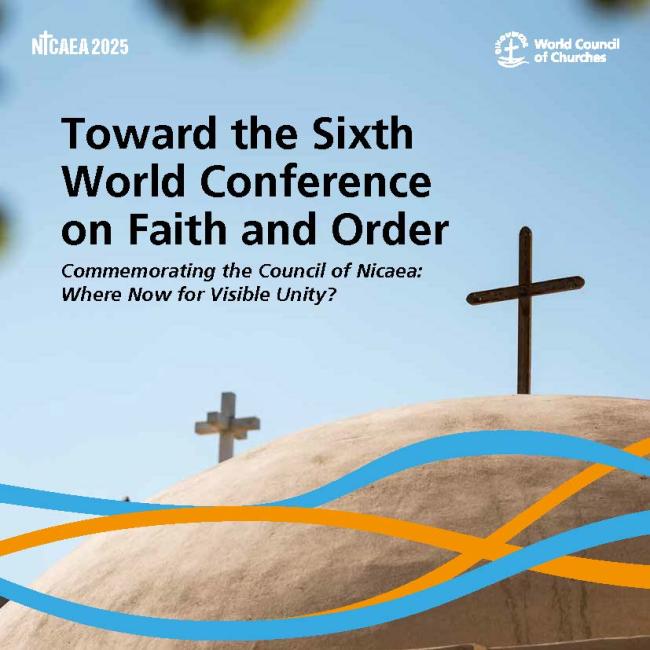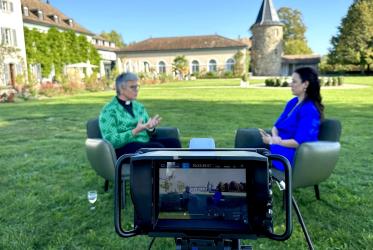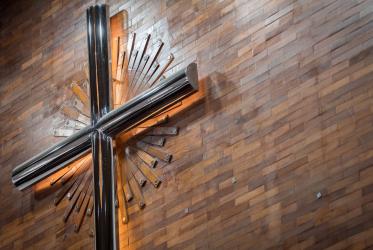Displaying 1 - 20 of 254
17 April 2024
WCC, WHO commemorate 50 years of collaboration
04 April 2024
¿Qué pueden hacer las iglesias para prevenir la esclavitud moderna?
26 February 2024
Toward the Sixth World Conference on Faith and Order
Commemorating the Council of Nicaea: Where Now for Visible Unity?
24 February 2024
What can churches do to prevent modern slavery?
22 February 2024













